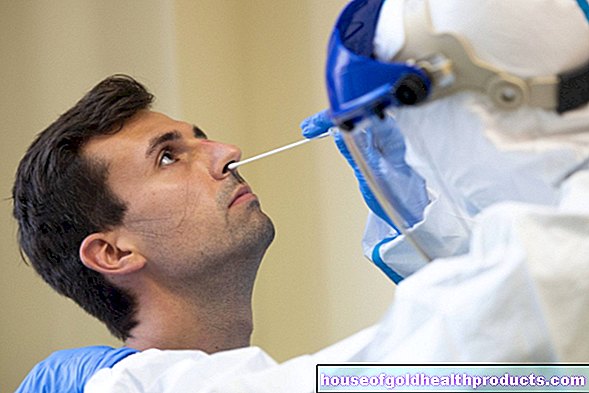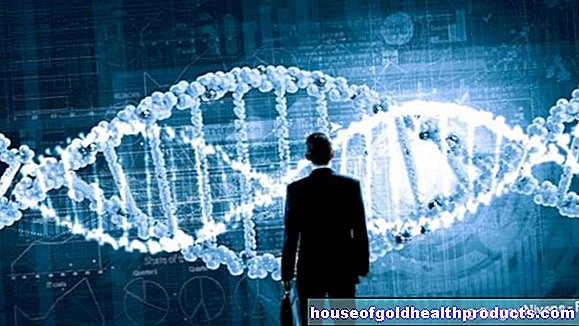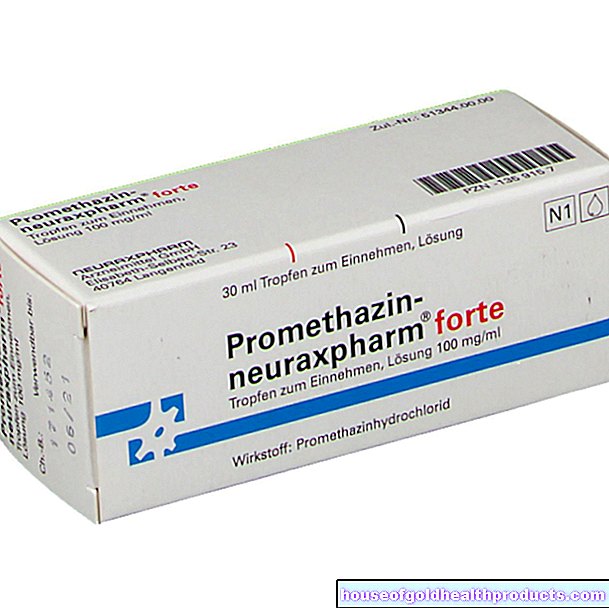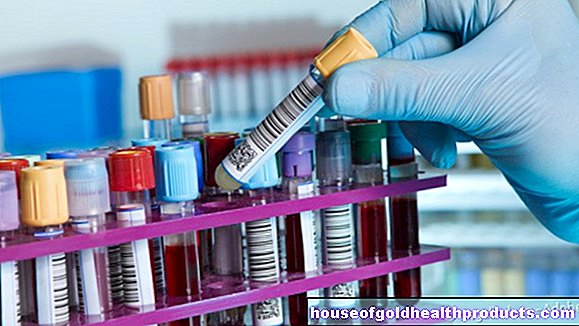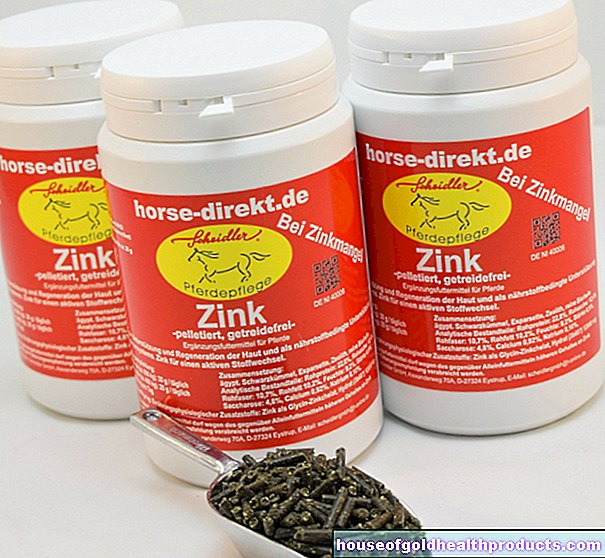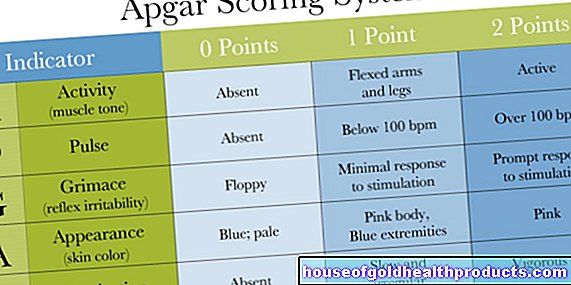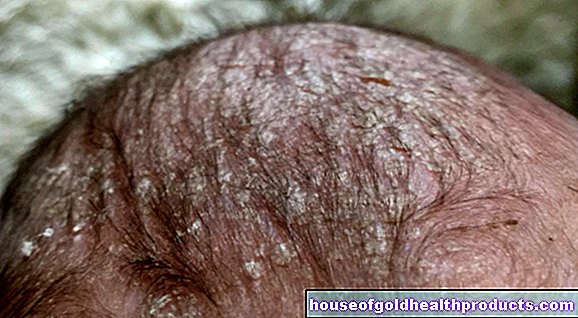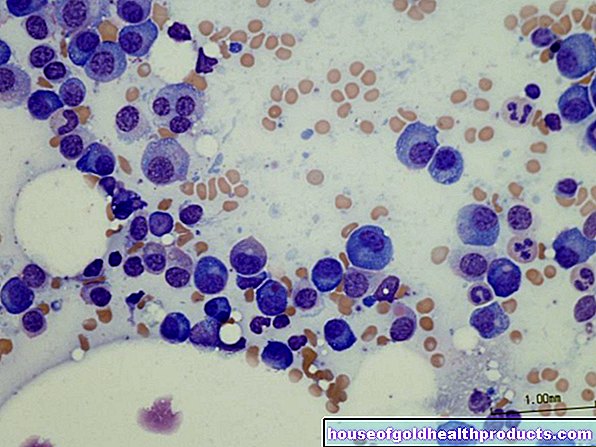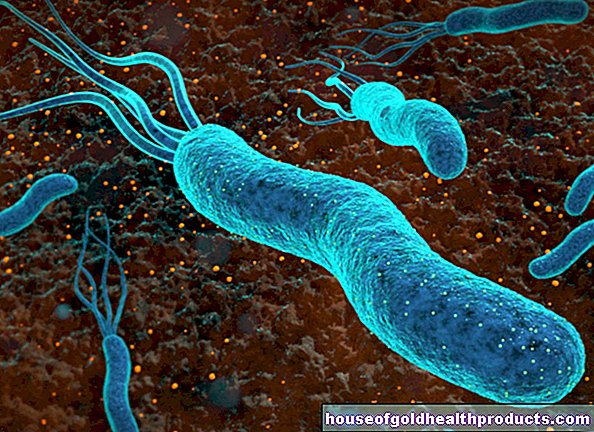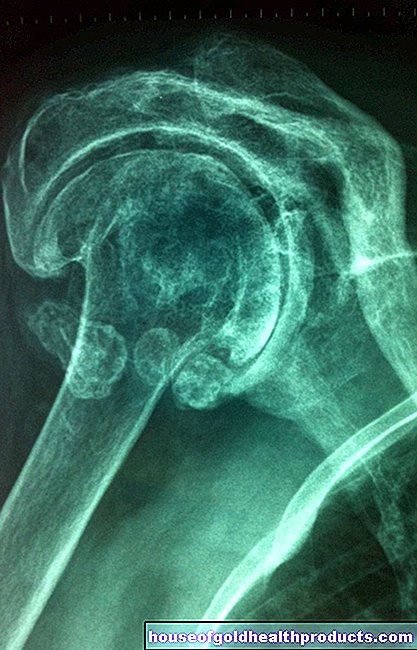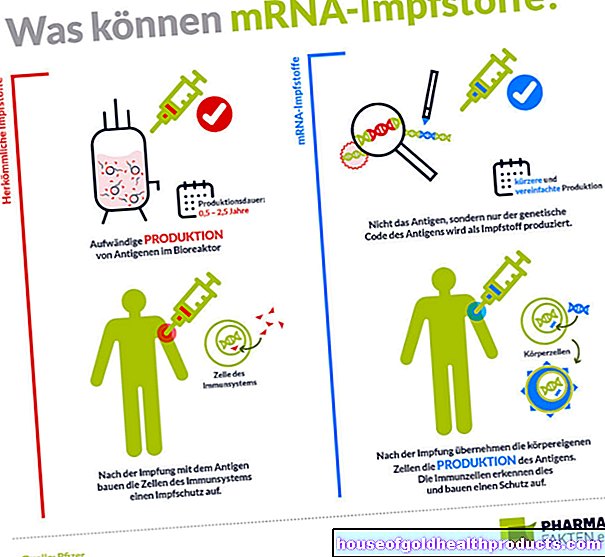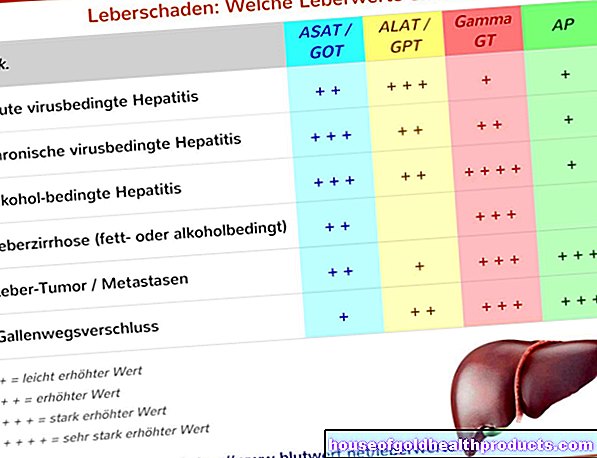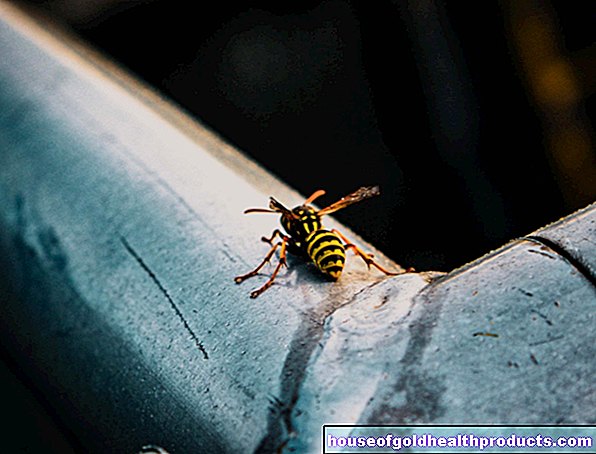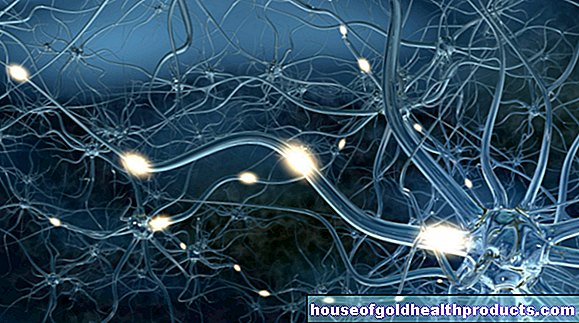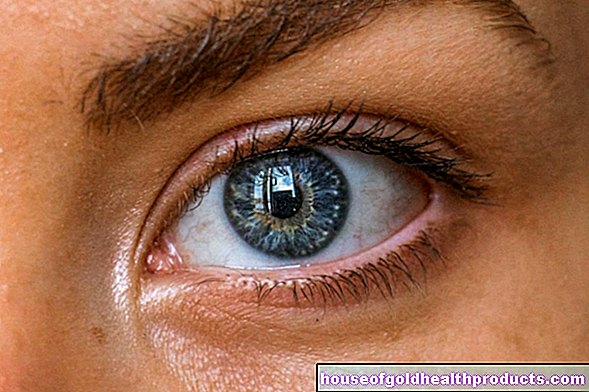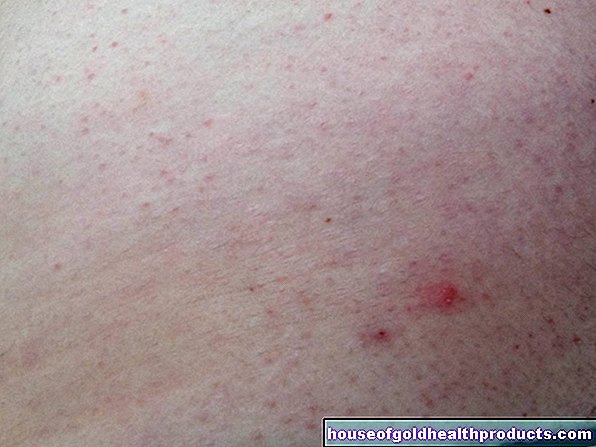Chemotherapy: antioxidants weaken the effect
Christiane Fux studied journalism and psychology in Hamburg. The experienced medical editor has been writing magazine articles, news and factual texts on all conceivable health topics since 2001. In addition to her work for, Christiane Fux is also active in prose. Her first crime novel was published in 2012, and she also writes, designs and publishes her own crime plays.
More posts by Christiane Fux All content is checked by medical journalists.Antioxidants are considered to be potent cell protectors. Nevertheless, they should not be taken during cancer therapy - because they also protect the cancer cells.
Antioxidants are big sellers among dietary supplements. The cell protectors intercept aggressive oxygen molecules - so-called free radicals - in the body. These damage cells and genetic material, accelerate aging processes and also play a role in the development of cancer. The antioxidants include vitamins such as vitamins C and E, minerals such as zinc and selenium, and phytochemicals such as carotenoids, flavonoids and saponins.
In addition to cancer cells, chemotherapy or radiation therapy also attacks healthy tissue. At first it seems like a good idea to protect the body with antioxidants. In fact, antioxidants should be avoided during ongoing cancer therapy - at least in the form of high-dose dietary supplements: They lower the chances of survival and increase the likelihood that the cancer will come back.
Antioxidants protect cancer cells
The reason: Antioxidants weaken the effect of cancer therapy, as they not only protect healthy cells, but also cancer cells. “Antioxidants counteract oxidation processes and can therefore obviously also prevent damage to cancer cells. But this is what you want to achieve with radiation or chemotherapy, ”explains Prof. Stephanie Combs, press spokeswoman for the German Society for Radiation Oncology (DEGRO). Experts have therefore been recommending avoiding such preparations during cancer therapy for a long time.
This warning has now been confirmed by a recent study - at least for women who develop breast cancer after menopause. Researchers led by Audrey Jung from the German Cancer Research Center in Heidelberg evaluated data from 2223 breast cancer patients whose tumors had not yet spread. 36 percent of them had taken antioxidants before and 45 percent after their diagnosis.
Higher risk of death and recurrence
During the course of the study, 240 of them died, 134 of them related to their breast cancer. 200 relapsed. It showed that women who had taken antioxidants at the same time as radiation or chemotherapy were 60 percent more likely to die and were 80 percent more likely to have the cancer return. However, antioxidants that the participants took outside of the cancer treatment phase did not affect survival or relapse rates.
In order to avoid risks, one should speak to the treating oncologist about the diet and especially about any nutritional supplements, advises Combs. Admittedly, side effects of the therapy such as vomiting or inflammation of the mucous membranes can lead to an undersupply of certain nutrients. Such a deficiency should, however, be diagnosed in a targeted manner and only then corrected accordingly.
A diet rich in antioxidants is harmless
DEGRO President Prof. Wilfried Budach adds: “Of course, cancer patients are recommended a varied, balanced diet that includes fruit and vegetables, eggs, dairy products, meat and fish and contains natural antioxidants. However, we advise against taking highly concentrated antioxidants in the form of dietary supplements. "
70,000 people affected annually
Breast cancer is the most common cancer among women in Germany. Over 70,000 patients develop it every year. Thanks to modern treatment options, the chances of recovery have increased significantly in recent decades. The 5-year survival rate today is around 88 percent, the 10-year survival rate is 82 percent.
Tags: tcm fitness sex partnership